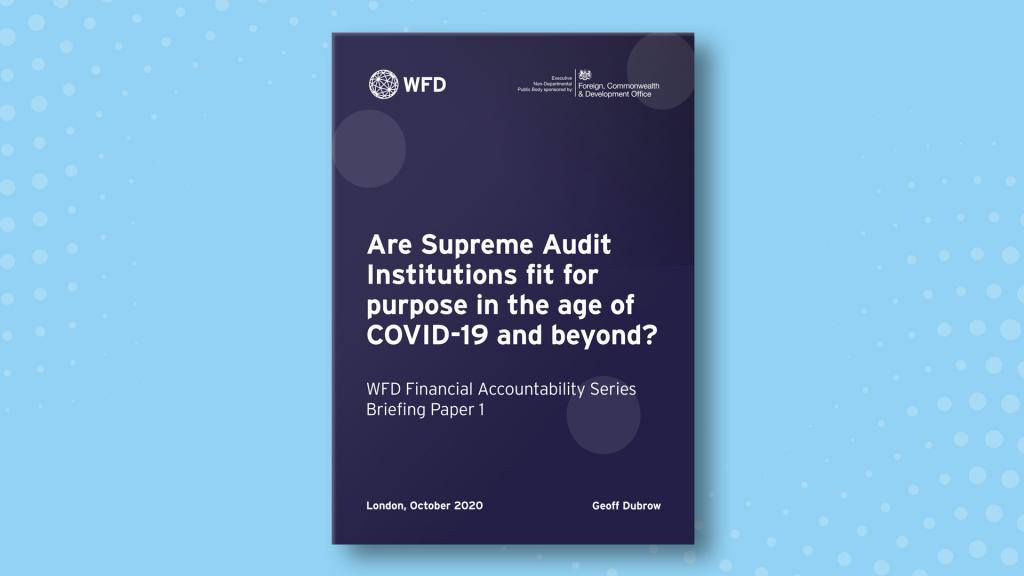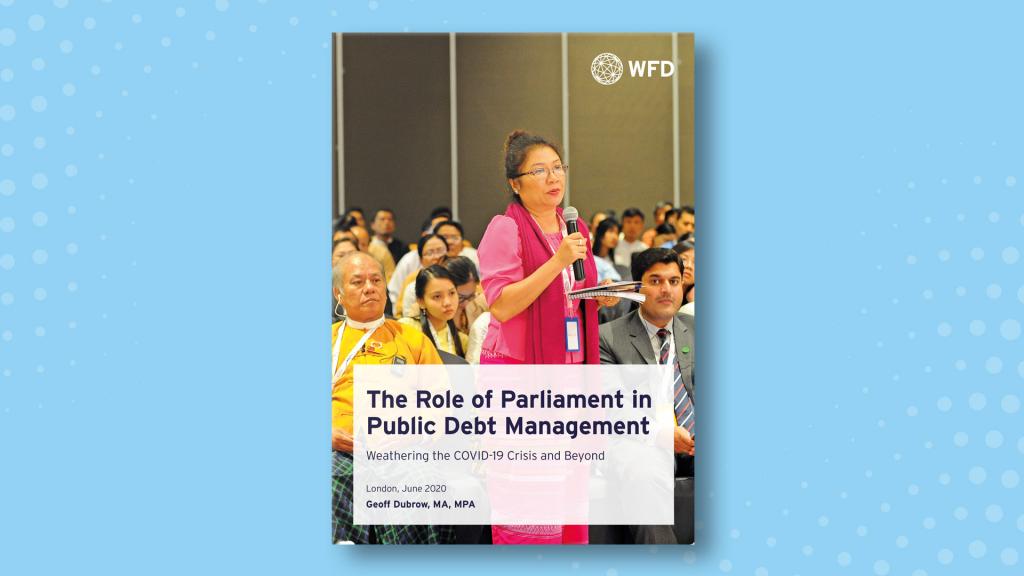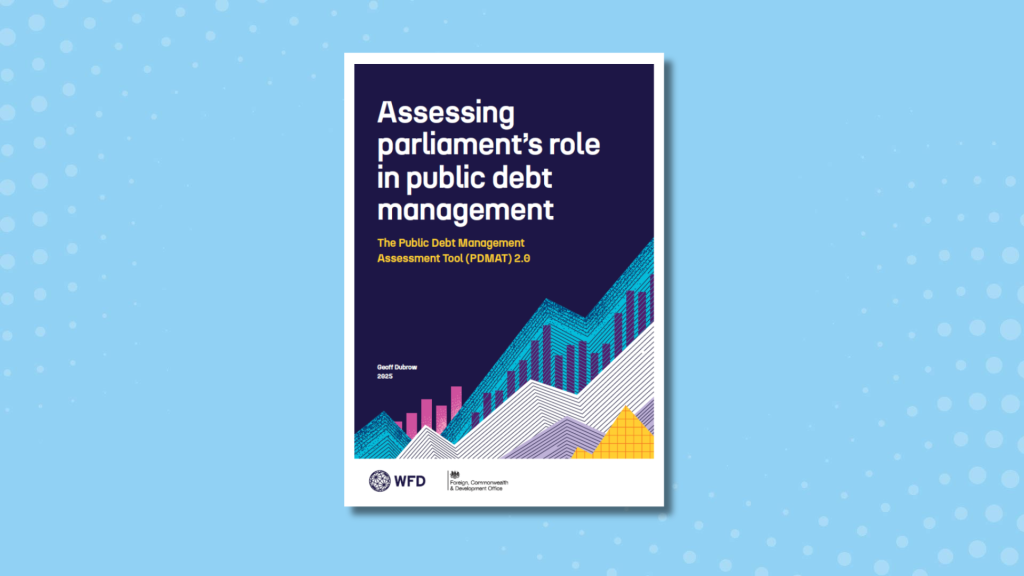Strengthening parliamentary oversight of public finances is vital to improve governance, transparency, and accountability.
Strong financial oversight ensures effective delivery of public services. It helps make sure that taxpayers’ money is raised and spent properly. In most political systems, parliaments have a role in approving budgets. They also review government spending to ensure that is efficient and effective. How governments spend taxpayers’ money is too important to be left unchecked. Elected representatives, especially at a time of great pressure on state budgets, must be empowered to scrutinise and control spending decisions.
WFD supports parliaments in the budget process. We focus on parliamentary committees' oversight role, including Public Accounts Committees (PACs) and Supreme Audit Institutions (SAIs). For example, in Montenegro we support the SAI in developing and implementing guidelines for consistency and accessibility of SAI reports.
WFD’s work to help establish parliamentary budget offices (PBOs) in the Western Balkans region is one of its greatest achievements to date. The experience has encouraged countries in other regions to adopt similar initiatives.
The COVID-19 crisis had a dramatic impact on the economy and public finances of many countries, forcing countries to increase borrowing. As a result, the question of parliamentary oversight on public debt management (PDM) has gained importance in many WFD programme countries. WFD has worked in the Western Balkans, the Middle East and North Africa and the Maldives to raise awareness of the importance of parliamentary oversight of public debt.

Our expertise
Head of Practice, Accountability
Franklin is a democracy and governance expert with extensive experience in post conflict, fragile and transition countries. His areas of expertise are parliamentary strengthening, legislative impact analysis and scrutiny, institution building for anti-corruption and integrity, policy making on combatting illegal finance, and the oversight role of parliaments on public finances and public debt.






